"We will probably never leave our galaxy cluster, and will never see outside the observable universe, because the universe would have turned dark by the time its light reaches us"
JSVstory3_141
"MOBILE BLACK HOLES"
Nujjmiok
"Probably just the vastness of space, the unfathomable distances between everything, and how comparatively slow the speed of light (and other massless particles) is.
Unless we manage FTL travel, which seems unrealistic because it would seemingly open up a bunch of nasty paradoxes, we’ll probably never leave our solar system, let alone leave our galaxy.
The Observable Universe is like a strip club; we can look as much as we want, but we can’t touch any of it."
zenyl
"Two supermassive stars can collide, this causes an event called a Gamma-Ray Burst.
A supernova is an explosion so powerful that a single star can briefly outshine an entire galaxy. A gamma ray burst is that, except much bigger and with all the energy focused into a beam.
If there’s a relatively close hit with a somewhat close origin. The first we’ll know of it is if the beam fries us or at least f@#ks up the ozone layer.
We suspect that this has happened once before, and it wiped out the majority of the Earth’s biosphere."
SYLOH
"That there is a distant star called Methuselah and no matter what we try the age of the star always appears to be older than the Big Bang. Imagine a star that predates the existence of our universe."
AgnewsHeadlessBody
"I’m old enough to remember the Apollo missions, and wanted very badly to be an astronaut when I was growing up. I’ve met a couple, am distantly related to one, and was actually a couple feet away from Buzz Aldrin once.
As a person with claustrophobia, the fact that the Mercury, Gemini, and Apollo astronauts spent so much time in such cramped quarters is at once fascinating and terrifying to me.
I can be perfectly okay in something like a car, or an elevator, or some other confined space…so long as I can easily get out. The idea of being in a capsule the size of a VW for a few days with nothing outside but certain death?
Nope. Nope. Nope. Gemini 7?
If you’ll excuse me, I’m going to have some nightmares now."
Gogojack
"Space is too big for us. Take the voyager probes launched in the 70’s, blasting away towards the nearest star. They’ll be halfway there in.. 40,000 years."
DeNir8
"You could survive a very painful minute in space."
That—guy—james
"The universe is finitely big, which means that’s there’s either infinite void outside it, or there is no outside it.
Both are equally mind boggling.
Also time isn’t real and has no beginning or end."
Noob_DM
"If the sun spontaneously died, we wouldn’t know until 7 minutes after it did as that’s how long it takes for the sun’s light to reach the earth."
BennyBiBoy
"There could be a planet-sterilizing gamma ray burst heading our way right now. There’s no way to stop it, and we wouldn’t even know it’s coming until it arrives."
Gefunkt
"In space nobody can hear you scream."
ProposalDouble604
"That in the space between the stars and planets there is just the endless void.
It’s the most “nothing” that there ever will be yet at the same time we can traverse this sea of infinity. I know it’s common knowledge but blows my mind every time i think about how much there is of nothing at all"
NoCalorieWater
"That a solar flare could happen at literally any time, and would destroy us. At any time"
No-Ad-2968
"There probably is sentient life somewhere in the universe, and we’ll probably never get to meet it."
No_Conversations
"In 1977, we intercepted a strange signal from space which became known as the wow signal. It turned out that for whatever reason, 1420hz frequency signal is the best signal to send out into space and it was hypothesised alien life would realize this too.
Well that signal was 1420hz. And we still don’t know what it was. It remains the strongest candidate for an alien radio transmission ever detected"
Opticfibre18
"While NASA catalogs all the asteroids in the asteroid belt, they don’t actually take them into account when firing probes and such through it because it’s so spaced out that there’s a very low chance of them actually hitting the probe. Densely packed asteroid fields where you’d have to dodge and weave through them are pretty much sci-fi."
Platonus44

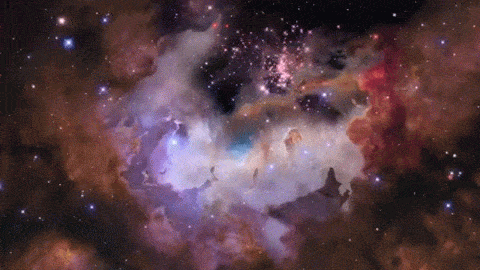
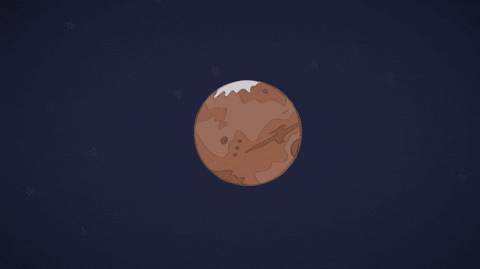
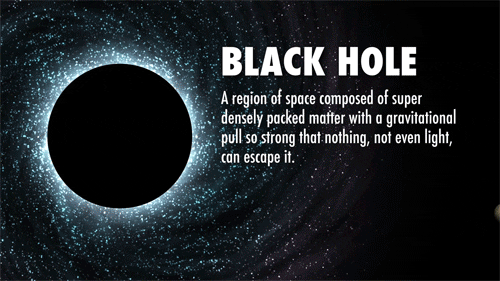
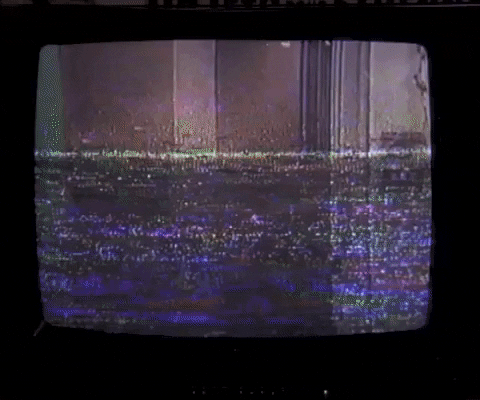
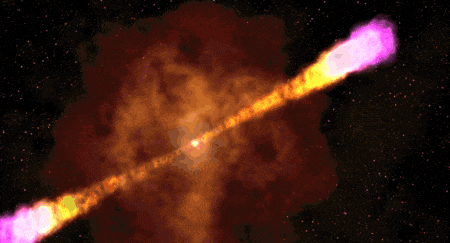
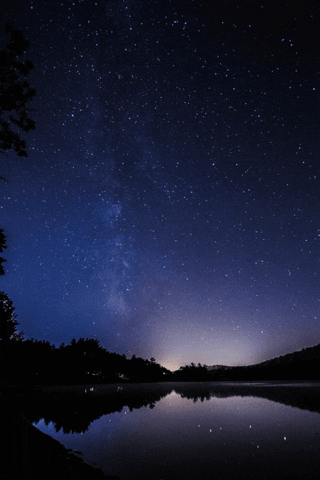
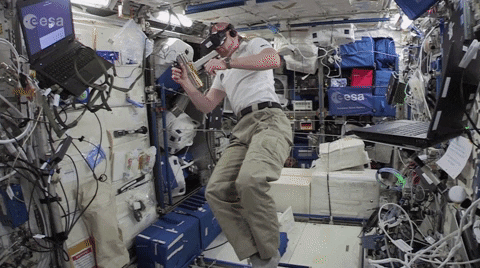
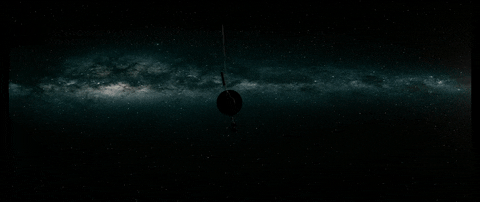
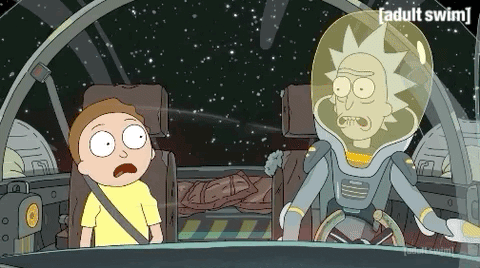
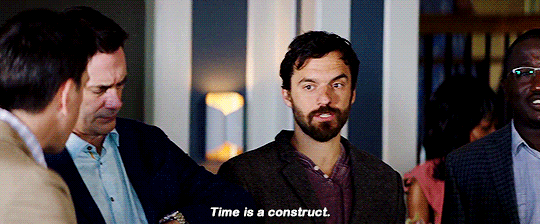
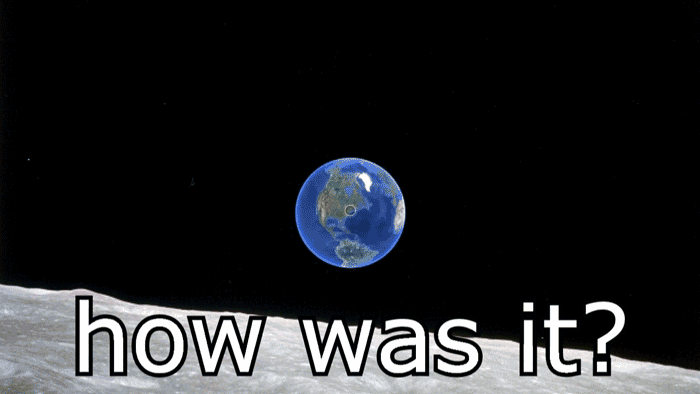
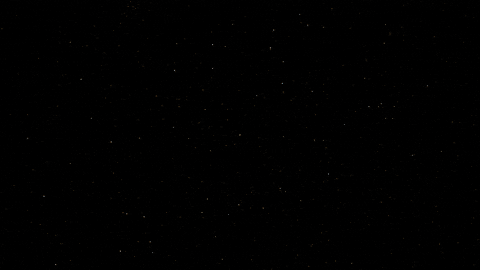
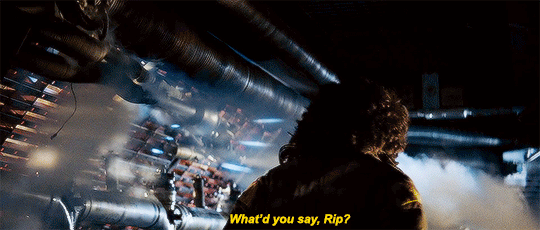
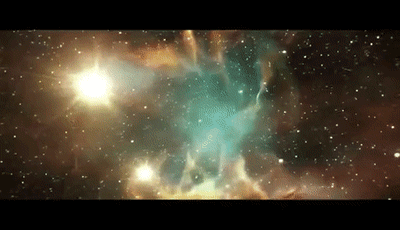
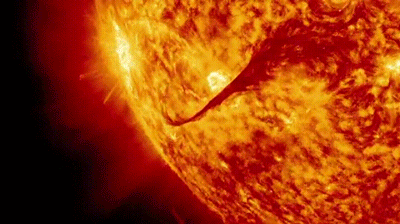
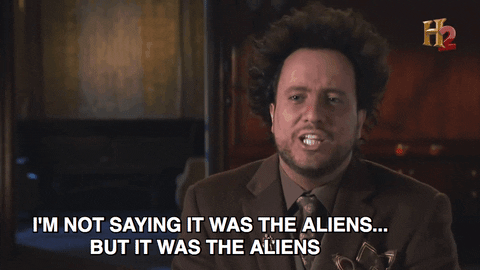
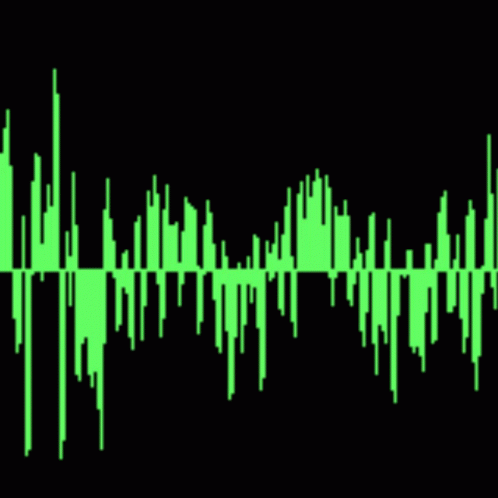
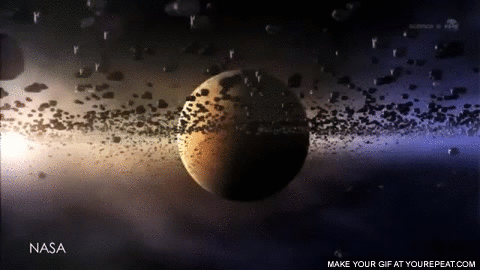


A Coronal Mass Ejection the size of the Carrington Event would completely destroy the electrical grid. It could take as long as ten years to replace damaged power transformers and restore electric service. Big cities can't survive ten days without electricity.
Sit back and enjoy the show, because there's not a darn thing you can do about it.
That is the biggest and best example of how society at large is ignoring a very real and very imminent threat while spazzing out about all sorts of less important things. For chrissakes, our electrical grids getting wrecked by a giant sun-fart is certain to happen eventually and practically nobody even knows about it!